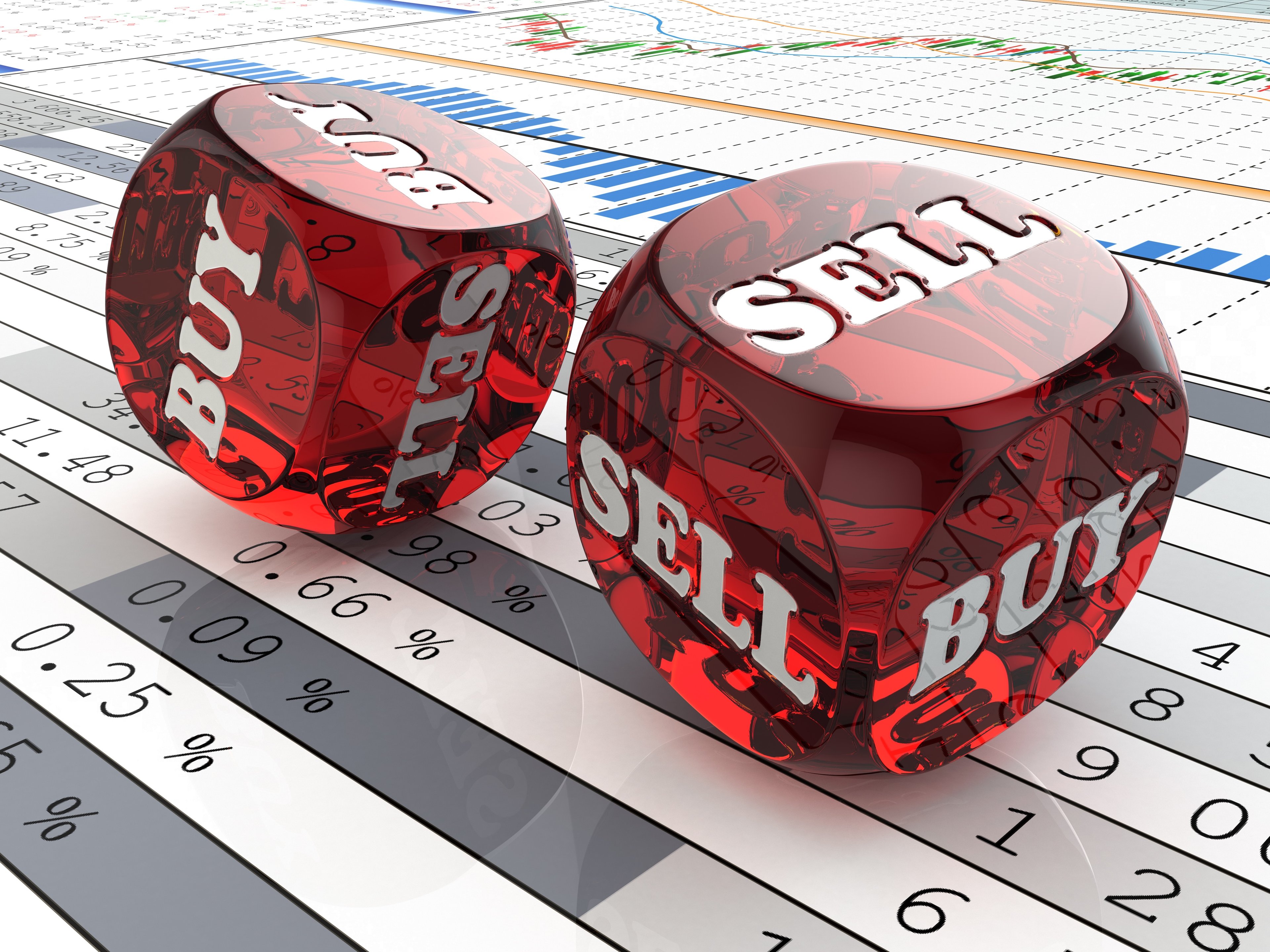What happened
Nio (NIO 2.10%) stock sank this morning, only to bounce back swiftly, taking investors by surprise. At 9:42 a.m. ET on Tuesday, shares of the electric-vehicle (EV)-manufacturer were trading down 6%. At 10:44 a.m., Nio stock was up 7.3%.
So what
Panic selling has gripped the Hong Kong stock market, with institutional investors reportedly dumping stocks aggressively. The Hang Seng index plunged nearly 12% in just the past five trading days to hit six-year lows on March 15, driven by geopolitical concerns, U.S. regulatory moves, and the COVID-19 pandemic that has gripped China and Hong Kong.
Shares of Nio and its rival Chinese EVs have crumbled in Hong Kong in recent days. On March 15, Nio stock opened 8.1% lower in Hang Seng, while Li Auto (LI 0.06%) opened almost 15% lower. The ripple effects were felt in the American depositary shares of these companies in the U.S. this morning, with fears of potential delisting of these stocks from the U.S. exacerbating the market's fears.

Image source: Getty Images.
Another reason why investors were fleeing Chinese stocks -- and one that not many are aware of -- was the possibility of China extending military and financial aid to Russia. Even the prospect was enough to scare investors, as any move by China in that direction could attract sanctions, which could have serious repercussions on the economy.
On Monday, though, China's foreign minister said the nation "is not a party to the crisis, nor does it want the sanctions to affect China," according to CNBC. Russia, too, has reportedly denied asking Beijing for any help.
Russia's attacks on Ukraine are continuing, and no one knows where things are headed. But stocks like Nio have fallen so much so quickly that any silver lining right now, even if it's not related to a company, can help lift investor sentiment.
Now what
After its recent plunge, Nio stock may have finally started to attract the attention of investors looking to invest in high-growth industries. The EV industry is booming, and Nio has a strong foothold in China and has already entered Europe. Norway's central bank even bought shares of the EV maker in the fourth quarter.

NYSE: NIO
Key Data Points
Of course, the risks of investing in Nio are far from over, especially those that the company may not have much control over, such as delisting from the U.S. Last week, the U.S. Securities and Exchange Commission (SEC) released the names of five Chinese companies listed in the U.S. and warned them of delisting, given their failure to comply with U.S. audit rules.
Nio isn't on the list, but China is known to disregard U.S. regulations and the SEC has clearly said it'll continue to add names to the warning list. All I'm saying is this: While there are several reasons you'd want to own Nio stock, keep the risks in mind, as well.






